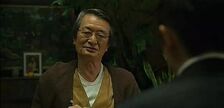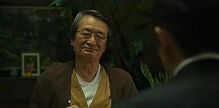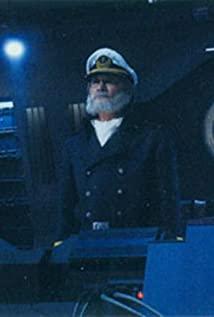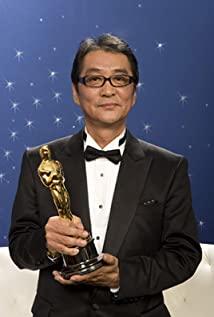The film has received two different evaluations. It can be a popular and traditional family film, with an unhurried taste of pine and bamboo and a commoner sentiment. It's another emotional drama with emotional tearjerkers, like "Forever Sanchome Sunset" or "Tokyo Tower" a few years ago.
Since ancient times, the Japanese people's yearning and determination towards death, its complex attitude is estimated to be written into several books, and the suicide stories of those famous people alone can be loaded into more than one basket. "The Undertaker" does not delve into the super-ambition of the concept of life and death. "Death is just the beginning of another journey", which sounds familiar. A lot of times the film will have some dark humor to keep the story from being too dull. When the music is played again and again, the director does not want the audience to be too calm, but hopes that they will devote themselves physically and mentally to experience every death and burial in front of them emotionally, and awaken as many personal experiences as possible.
The meaning of life also lies in the hero Dawu's attitude towards life. He realizes his lack of talent and bravely gave up his cello career and chose to go back to his hometown. Then, half-push and half-board, he began to deal with corpses and death all day long. He was under pressure from the work of the undertaker, but Dawu rose to the challenge. The process of getting on the road step by step made him gradually change his views on death, and he knew more about the preciousness of life.
The undertaker is the executor of the coffin for the remains. Every round of changing clothes and every wiping action is an ordinary task that is repeated continuously, but at the same time, it is meticulous and solemn. The perfect execution of a whole set of procedures is like a final ritual, an artistic beautification and sublimation, containing respect for the dead. Not every deceased can be treated kindly by the funeral director, and Dawu's father at the end is an example. Under the eyes of their son, the two men in a hurry wanted to lift him up and throw him into the coffin, just like disposing of a piece of waste without any extra emotion. From greed for life to fear of death, from contempt to respect, the central theme of "The Undertaker" gradually took shape.
Due to the separation since childhood, Dawu has been unable to remember his father's face. Dawu hated his irresponsible father, and he was reluctant to see him for the last time when he died. This kind of story arrangement is actually too cliché. Even if he saw his father's body, the film did not give a close-up of his face, because there was still one step left, a crucial step. "Encoffining Master" needs to be put into the coffin by Dawu's own hands to turn corruption into magic. The face of his father's death is still unfamiliar to Da Wu, because it may contain the inner loss and the unease of the lonely old. After some careful cleaning, the father regained his old peaceful expression, and it seemed that he had just fallen asleep. At this time, Dawu's memory flood burst, and his father's impression began to become clear and complete. That inconspicuous stone, that calm face, and a father with a smile in his mind. The father and son, who were separated by life and death, finally reached a complete understanding.
Tomb-sweeping day is approaching, and I think about the old man again. If death did not come near you, you should be glad but not afraid. For a few moments, I seemed to be moved by the movie, and it seemed that I just remembered the direct distance from death. It should be said that I am afraid that I will not be able to see the face of my deceased relative in a small photo, and I am even more afraid of a cruel fact: one day I will not be able to remember it, or even forget it. The scary thing about death is that it often comes unexpectedly, and none of us can escape it. "The Undertaker" gives every deceased the respect they deserve, and gives us some courage and perseverance to survive. 【Beijing Youth Daily】
View more about Departures reviews











